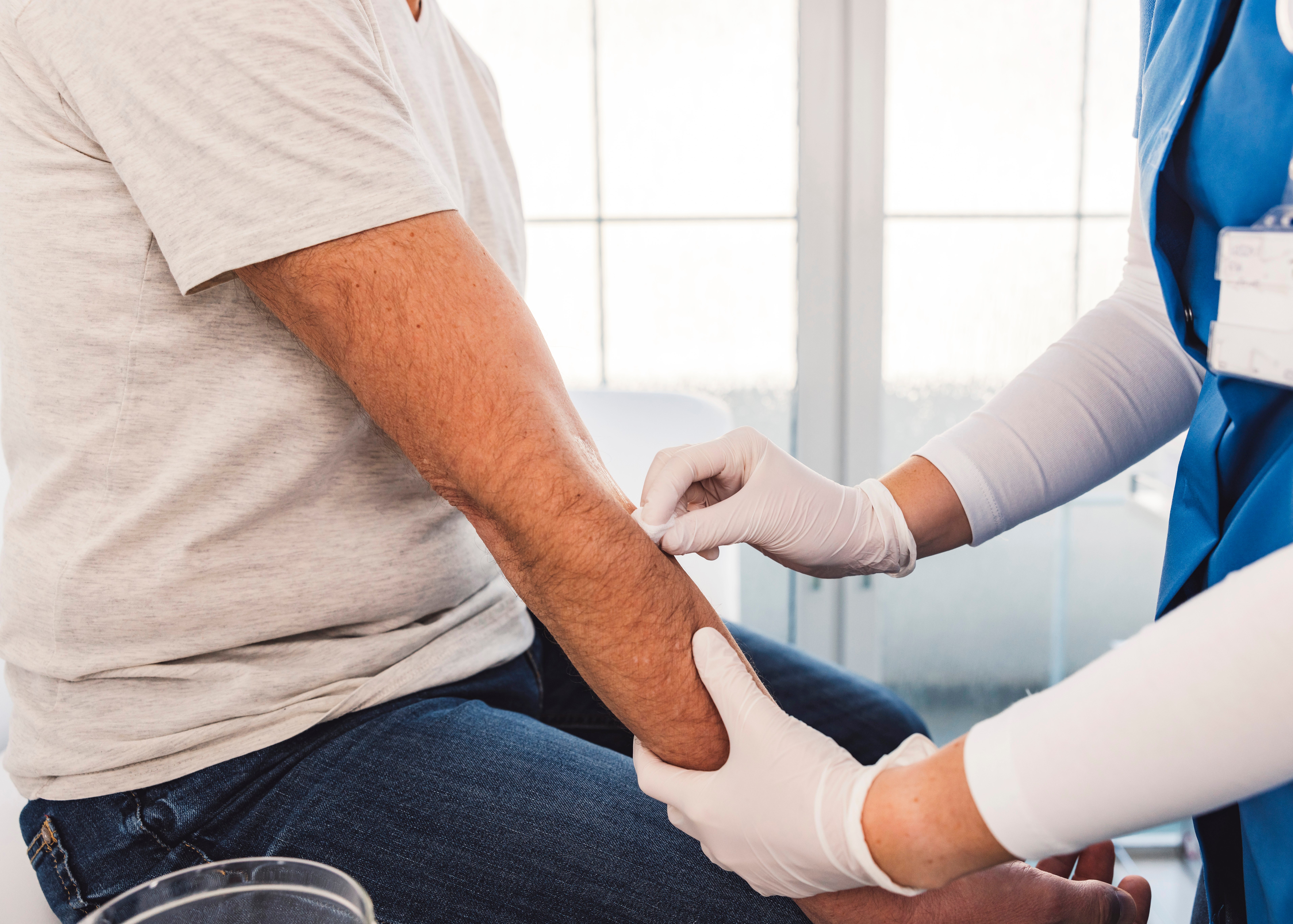On May 16, 2025, the U.S. FDA cleared Fujirebio’s Lumipulse G pTau-217/β-Amyloid 1-42 plasma ratio test — the first blood-based assay authorized to help clinicians confirm Alzheimer’s pathology in patients showing cognitive impairment. This milestone makes it possible to reduce invasive lumbar punctures and costly PET scans with a single tube of blood. Yet the test is indicated only after cognitive impairment is “already established.” That’s where new generation digital assessments come in.
Digital Cognitive Assessments (DCAs) can streamline cognitive evaluation and help overcome the challenges of cognitive evaluation in primary care settings. Compared with traditional paper-pencil tests, DCAs allow for automated scoring, standardize data flow, offer more objective measures, simplify data storage, and ease longitudinal tracking over time. However, most DCAs offer limited time saving and little sensitivity/specificity improvement.
Next generation DCAs capitalize on the power of technology to implement process metrics — a framework for neuropsychological assessment that derives insights about behavior, brain and cognitive function not only from an individual's final test achievement, but also from their process of completing cognitive tasks. This enables the development of highly time efficient assessments of superior sensitivity and accuracy, ideally suited for integration into primary care settings. Furthermore, by capturing multimodal signals and "multiplexing" analysis it is possible to define different AI-algorithms on the same process metrics to concurrently evaluate different outcomes.
Clinical perspective
A leading new generation DCA is the Linus Digital Clock & Recall™ (DCR). It takes less than five minutes to complete, requires only a tablet, is comparable or superior to multi-hour cognitive evaluations in detection of cognitive impairment, and is an FDA Class II device reimbursable under CPT 96136/38. When the screen flags concern, Lumipulse can provide biochemical confirmation within days.
Our studies demonstrate that, by leveraging multiplexing analysis, we can detect cognitive impairment and concurrently, applied to the same data, a second AI engine can estimate amyloid probability, and a third engine can offer insights on functional status predicting need of assistance with activities of daily living. A short, highly efficient new generation DCA can critically assist clinicians in the identification of MCI or dementia due to AD, and by integrating digital phenotyping with plasma biomarkers, this approach enhances the biomarker's predictive accuracy by up to 10% and accounts for both clinical symptoms and underlying biological causes.
Patient perspective
Patients gain early, minimally invasive clarity. A negative biomarker directs them back to primary care for management of vascular risk, sleep apnea, depression, or polypharmacy. A positive result triggers timely referral to neurology, access to recently approved disease-modifying therapies, and timely referral to clinical research studies.
Business perspective
Health systems capture new revenue while preparing for value-based brain-health contracts. Digital screens and follow-up visits are billable today — confirmed dementia diagnoses map to HCC 125-127 with an RAF of 0.341. Early detection also reduces downstream acute-care costs, a key metric for ACOs and Medicare Advantage plans.
Putting it together
The optimal pathway is now: New generation digital assessment → Blood test → Right-sized next step. Providers can deploy this workflow across primary care, perioperative units, geriatric clinics, and more without additional MRI suites or radiopharmacy. The result is a scalable brain-health service line that empowers clinicians, patients and families, as well as healthy systems.
Ready to design your pathway?
Book a 30-minute consult with our clinical strategy team.
Meet our expert
This article is written by Alvaro Pascual-Leone, MD, PhD.
Alvaro is a co-founder and Chief Medical Officer of Linus Health. He is also a Professor of Neurology at Harvard Medical School, a Senior Scientist at the Hinda and Arthur Marcus Institute for Aging Research, and the Medical Director of the Deanna and Sidney Wolk Center for Memory Health at Hebrew SeniorLife (HSL) in Boston, MA.
